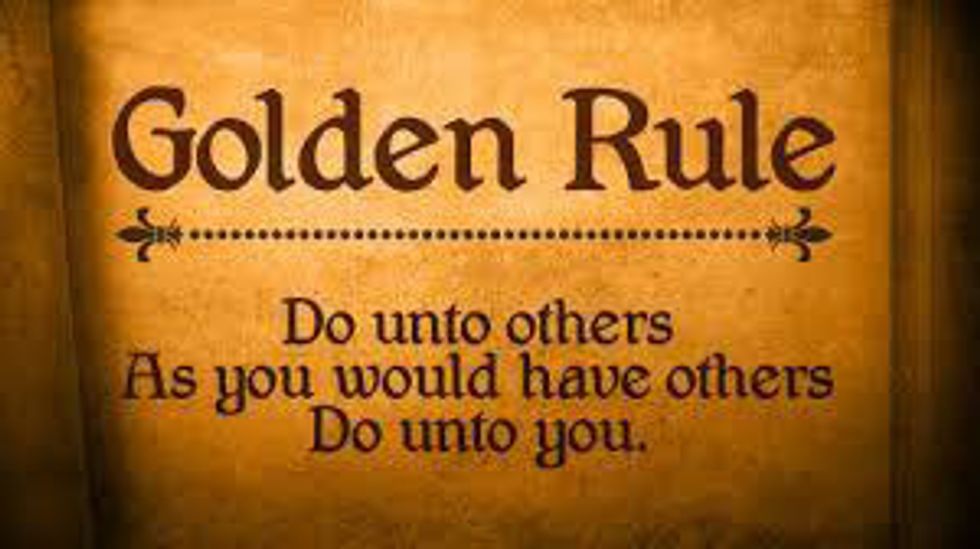I recently was approached by a friend that I have recently become really close with in college and she asked me if I could share her story of something she had learned shortly after going to a weekend training for her volunteer work at a nearby elementary school. This is the experience she had and why it resonated with her so much and for the sake of privacy I am going to keep her anonymous.
“Hello! I volunteer at an elementary school since January of this year working in the after school program with first graders which is focused on helping them with their reading skills. Ever since I started volunteering there, it's been a very rewarding experience for me and up until a few days ago, I had never realized why.
This past weekend we had a training session on equity in the classroom and identifying the different ways we can give students opportunities to grow. There was one main topic that stood out to me about how trauma can affect the way a student learns, responds to teachers and how they relate with their fellow peers. What I mean by trauma is not solely based on a traumatic event, but can sometimes can stem from the way that others talk in general to the way that other students, teachers, or family members treat them inside and outside of the classroom. It wasn’t until this was said during our training that I realized how much the trauma that occurred in middle school has affected my own life. During middle school, a group of boys liked to pick on me by making fun of my name. Now this may seem insignificant to some, but making fun of someone’s name can affect their self-esteem and make them change into a person who is less outgoing, skittish and feel insignificant with whatever they end up doing. To quote Shakespeare, “What’s in a name?” I will tell you. A name, no matter who you are and what you identify as, is the exact thing that makes you, you. It’s how you present yourself when you meet someone new, it's how others identify you and it’s how others greet you.
You might ask, how can this be traumatic? The part that was traumatic was the bullying; no matter how you look at it they made me feel insignificant which is in part bullying, but what also was traumatic was the fact that there was a teacher who prolonged the bullying and solidified their actions and treatment towards me. The worst thing any teacher can do is to be a cause or to prolong the trauma of a student. There are plenty of teachers out there who do the right thing and stop the trauma from happening, and this is certainly not a critique on the whole teaching community, but there comes a time when teachers not only have to be someone who helps students learn but also a hero to the students who are put down, bullied and made fun of outside of the classroom.
There are too many young people today who feel insignificant and are bullied in schools, and it hurts my heart to know that they consider taking their own lives as a solution to make the pain go away. Trust me, I’ve been there. Trauma can affect so many people, especially young people because of how formative those years are in the shaping and growth of self-esteem and as a person. I was lucky enough to have a support system of friends and family, but some young students don’t always have those people in their lives for whatever reason it may be. This is my advice to you, treat others, no matter who they are and no matter how old they are, as you would like to be treated."
This has been the way that young people have been taught to treat others from the time that they first learn their P’s and Q’s: Always follow the Golden Rule, you never know when it will matter most.
Thank you for sharing and I hope that others can learn from unforeseen lessons like this one.





















